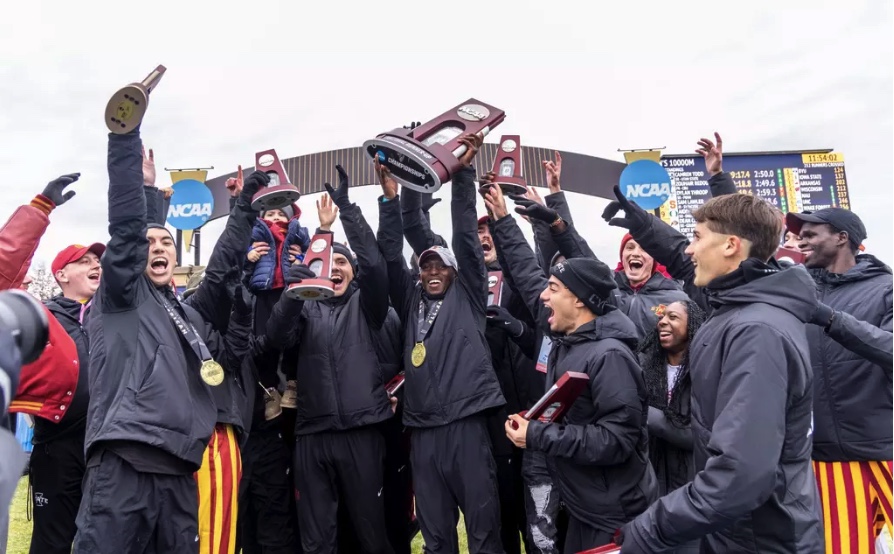Campus conserves energy
June 13, 2001
In an effort to cut costs, Iowa State is working to conserve energy in buildings across campus.
Vice President for Business and Finance Warren Madden said university officials hope to save $1.5 million in the next year by reducing operation costs.
David Miller, utilities director, said his team will go to each building, inspect every cooling and heating system, collect data and do an overall survey to establish the right conservation strategy for each building.
“We will do each building individually,” he said. “Because every building is different based on its construction, the equipment inside it and how we use it.”
Miller said his team will work throughout the summer to analyze the energy needs of approximately 86 buildings.
The audits will not include residence halls, Ames Laboratory, the National Soil Tilth Laboratory or the Student Health Center.
These buildings have their own funding, so their participation is voluntary, Miller said.
One of the first steps taken was setting building temperatures at 78 F during the summer and 68 F during the winter starting June 1.
This change will not occur in temperature-sensitive areas, Miller said.
“People will automatically leave the office earlier in the afternoon, when temperatures are the highest, so staff members and offices may need to adjust their schedules,” Madden said.
Miller said night classes will be grouped into one building with a computer lab in order to use fewer buildings during the night. He is working to ensure that no more than one or two buildings will be used for night activities.
Also, the proposal to cut costs by giving university employees for four to five unpaid days over winter break was dropped.
“We have been looking for alternative ways to realize the energy savings, and through careful consideration, the decision to furlough the employees is not the right way, so the proposal will not be involved in the ISU energy conservation plan,” Madden said.
Madden said the ISU administrators are still exploring alternative ways to conserve energy.
They are considering closing some campus facilities over winter break and plan to encourage staff and faculty to take additional time off during break.
“For certain, we do not plan to force people to leave, we just expect them to adjust to this situation,” Madden said.
Miller said an extensive Web site dedicated to energy conservation tips will soon be launched.
Overall, energy savings will help the university cope with an estimated $15.8 million budget reduction, Madden said.
“It is a good idea to keep the pollution down, to save the university money and to maintain the tuition fee,” Miller said. “Good practice will assist us to achieve these goals.”






